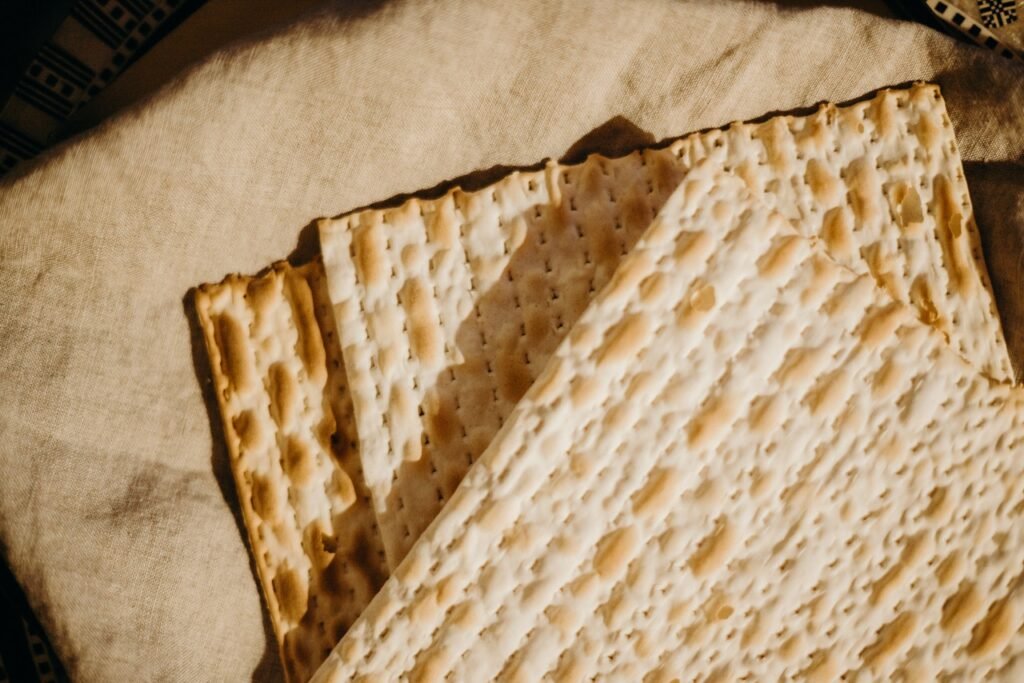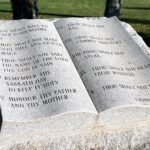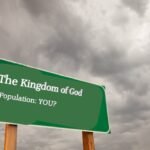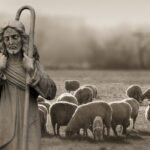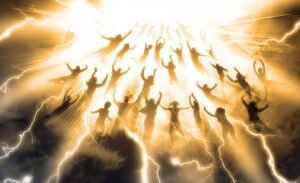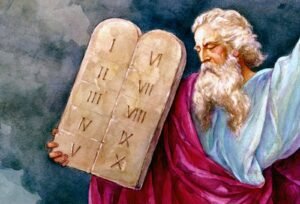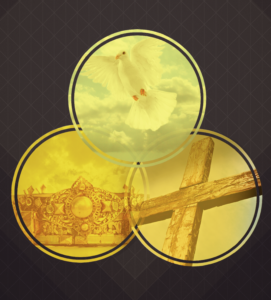It has been the practice of God’s people to honor Him by keeping His annual festivals and holy days since the beginning of mankind. The annual keeping of His holy days shows His plan for the salvation and redemption of all mankind. The first Holy Day of Leviticus 23, after the Sabbath day is the Feast of Unleavened Bread and starts on the 15th day of the 1st month of the Hebrew calendar. The description of this festival of God’s is found in Lev. 23:6-8 and Numbers 28:17-25 and in fact consists of two holy days. The first and the 7th days of Unleavened Bread are a “holy convocation” to God.
The days of Unleavened Break picture the removal of sin from our lives and the keeping of the commandments of God. Putting “sin” out of our lives is the first step to our journey to redemption with God. Sin is the “transgression of the law” (I John 3:4). These days of Unleavened Bread remind God’s people to put sin out of their lives. This remembrance is accomplished by removing all leavening from your household for the seven days of the Feast and gathering together with the congregation of the LORD on the first and seventh days of the Festival as these are to be “holy convocations”. It is kept immediately after the Passover which is always kept on the 14th day of the first month of the Hebrew calendar.
While all of God’s Holy Days are listed in Leviticus 23 and were given to the people of Israel after they were freed from 400 years of captivity, these days were in force and kept before Israel was taken into captivity. At the time of Israel in the wilderness God simply reiterated what He had already instructed His prior servants. We read the story of Genesis 18 and 19 where Abraham is visited by three angelic beings (One turned out to be Jesus). Abraham fed them bread and lamb just like a Passover Seder. The next day the two angels went to Sodom and Gomorrah where Lot fed them “unleavened bread”. Lot then had to leave sin behind and flee for his family’s life. This is a stark example for us to flee sin as Lot had to do. In Genesis 22 Abraham was to sacrifice his son Isaac on Mount Moriah just as Jesus was to be sacrificed as our Passover some 2,000 years later on Amount Moriah. Exodus 12:15-18; 13:1-10 God instructs Israel to eat unleavened bread for seven days and to observe this command “forever”. Israel continued to keep these days. See Josh. 5:10-11; 6:4 (7th day of Unleavened Bread- the walls fell down and Sin was put out). Deut. 16:1-8.
Did the early Christian Church of the first century apostles keep these days? Quite clearly they did continue to keep them albeit with a fuller understanding of their meanings. I Cor. 5:6-8 Paul tells the Corinthians, a gentile church to “keep the feast…” of unleavened bread. Paul also shows a more clear understanding of its meaning under the New Covenant- put sin out not only physically but mentally too (See cscog7 staff Sin for further details of sin). I Cor. 11:17-34 Paul gives us instruction on how to properly keep the Passover and Days of Unleavened Bread.
As the early church did and as Christ commanded on his last night of life (Luke 22:1) we should be keeping the Days of Unleavened bread.

